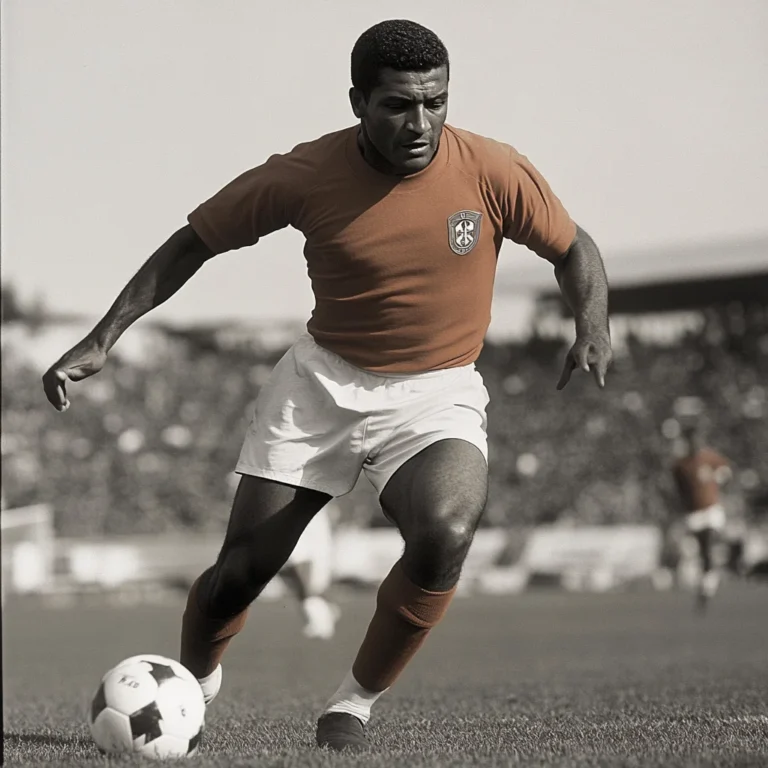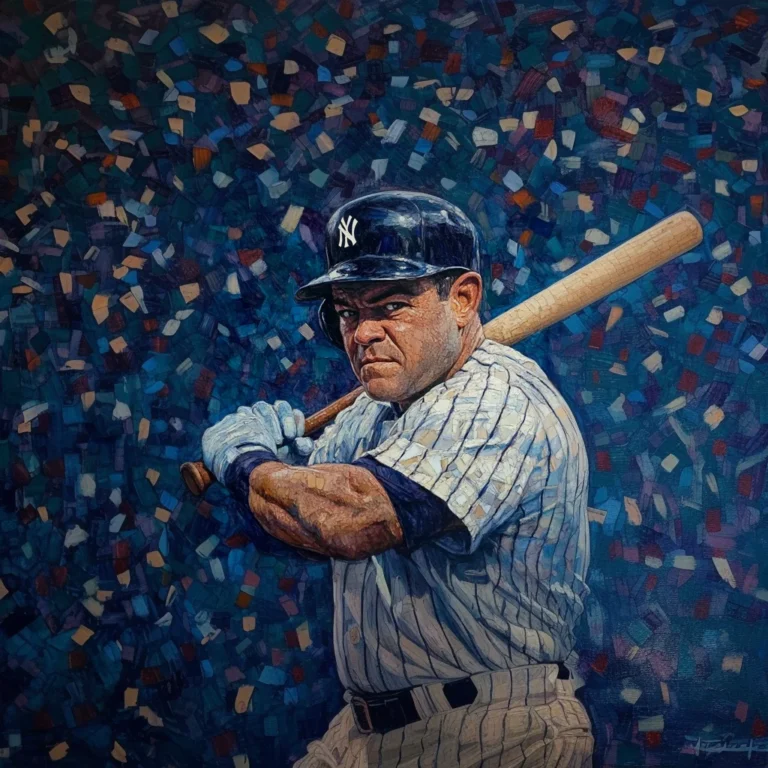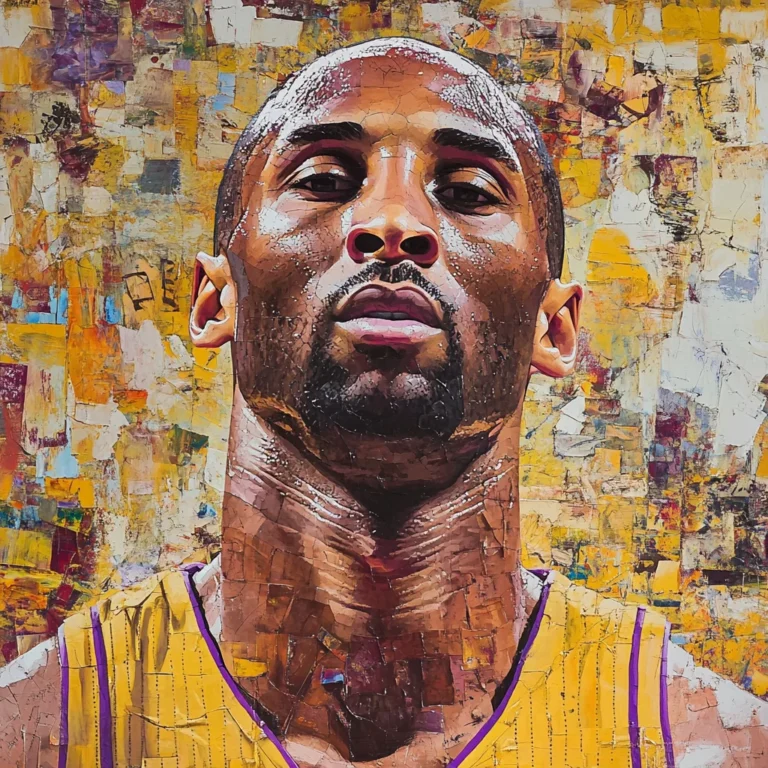Eusébio was born on January 25, 1942, in Lourenço Marques (now Maputo), Mozambique, which was then a Portuguese colony.
He began his football career with the local team Sporting de Lourenço Marques before being signed by Benfica in 1961.
Eusébio quickly became one of Benfica's most prolific goal scorers, helping the club to numerous domestic and international titles.
He won the Ballon d'Or in 1965, becoming the first Portuguese player to receive the prestigious award.
Eusébio was the top scorer in the 1966 FIFA World Cup, netting 9 goals and leading Portugal to a third-place finish, their best ever result in the tournament.
He is famous for his four-goal performance in the quarterfinal match against North Korea during the 1966 World Cup, where Portugal came back from 3-0 down to win 5-3.
Eusébio scored a remarkable 473 goals in 440 matches for Benfica, making him the club's all-time leading goal scorer.
He won 11 Primeira Liga titles, 5 Taça de Portugal titles, and the European Cup with Benfica in 1962.
Eusébio was known for his powerful right foot, blistering pace, and exceptional ability to score from long range.
He was nicknamed 'The Black Panther' due to his agility, strength, and ability to pounce on scoring opportunities.
In 1968, Eusébio became the first player to win the European Golden Boot, an award given to the top goal scorer in European leagues, a feat he repeated in 1973.
Despite offers from top European clubs like Real Madrid and Inter Milan, Eusébio remained loyal to Benfica throughout most of his career.
Eusébio was deeply admired for his sportsmanship and humility, both on and off the field, earning respect from players and fans worldwide.
After retiring from professional football, Eusébio served as an ambassador for Benfica and Portuguese football, continuing to promote the sport globally.
Eusébio passed away on January 5, 2014, but his legacy lives on, with numerous tributes, statues, and awards named in his honor, including the Estádio da Luz's main entrance being named the 'Eusébio Gate.'


